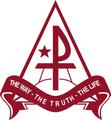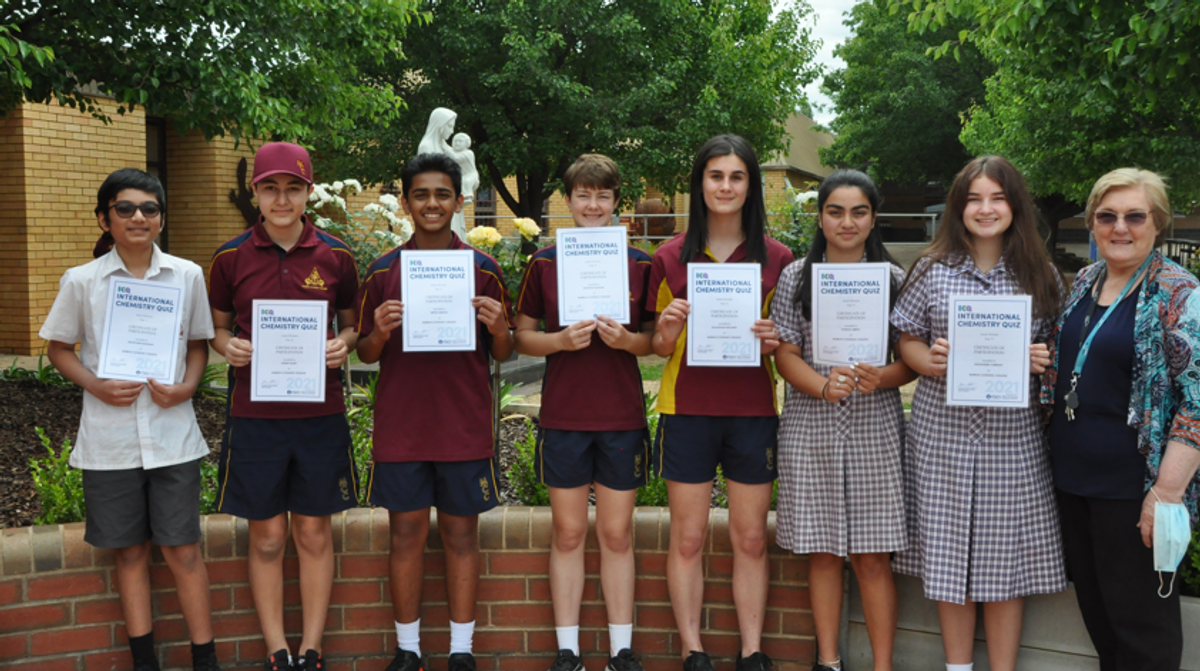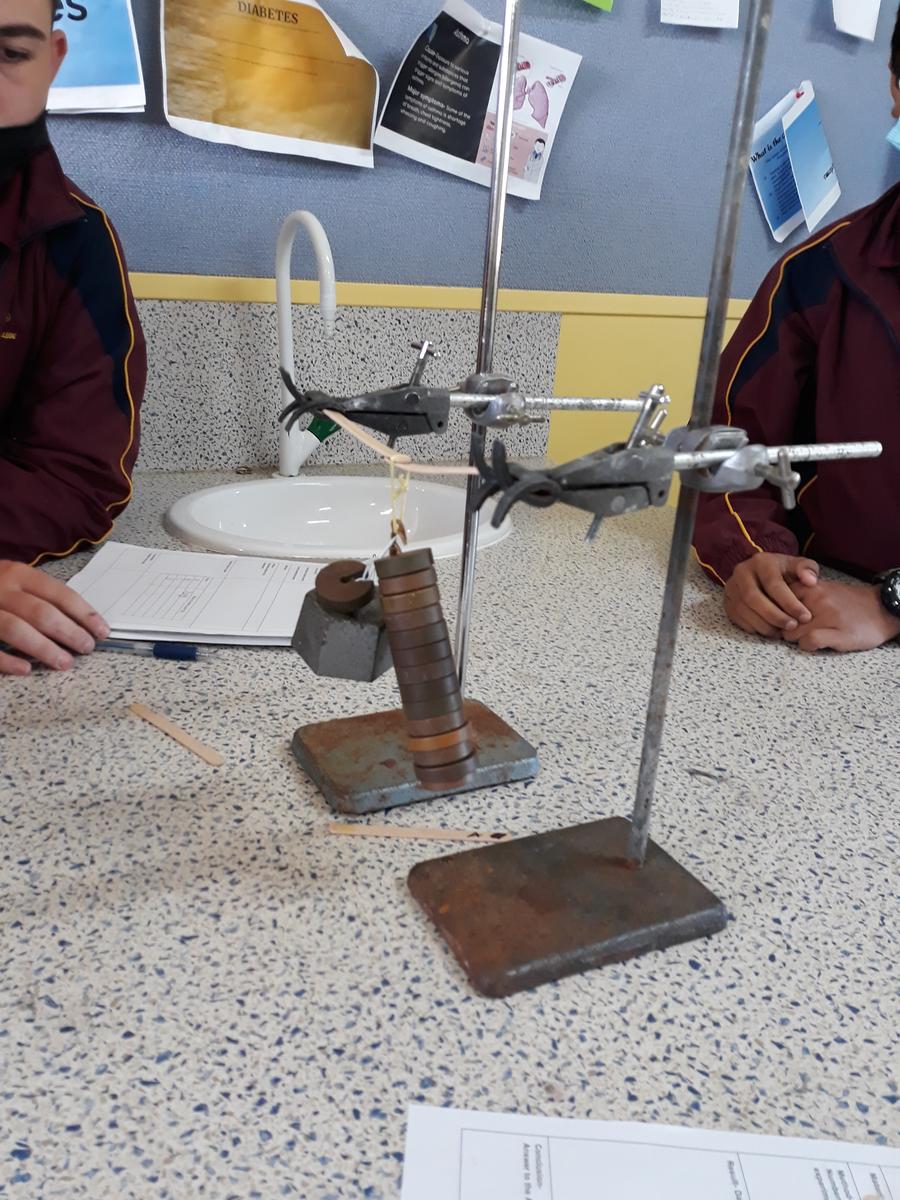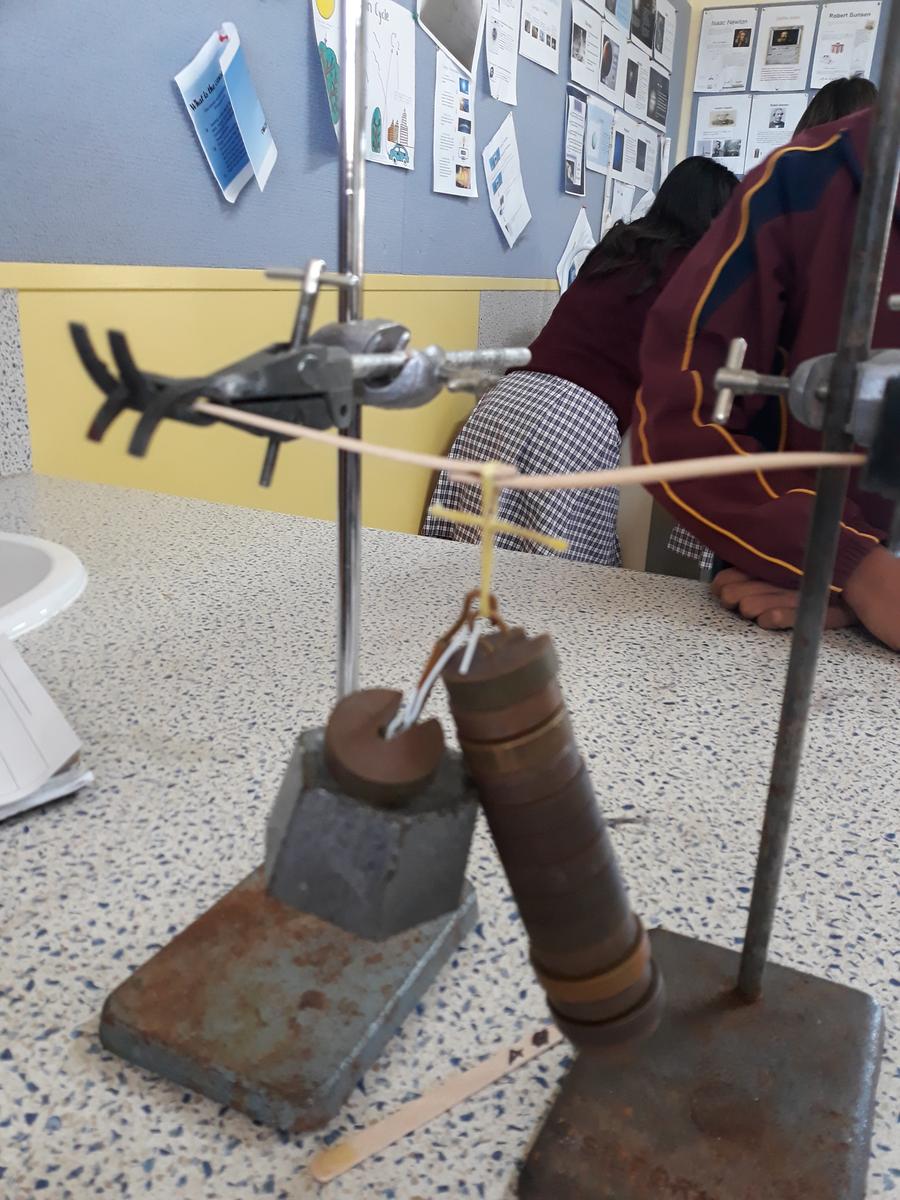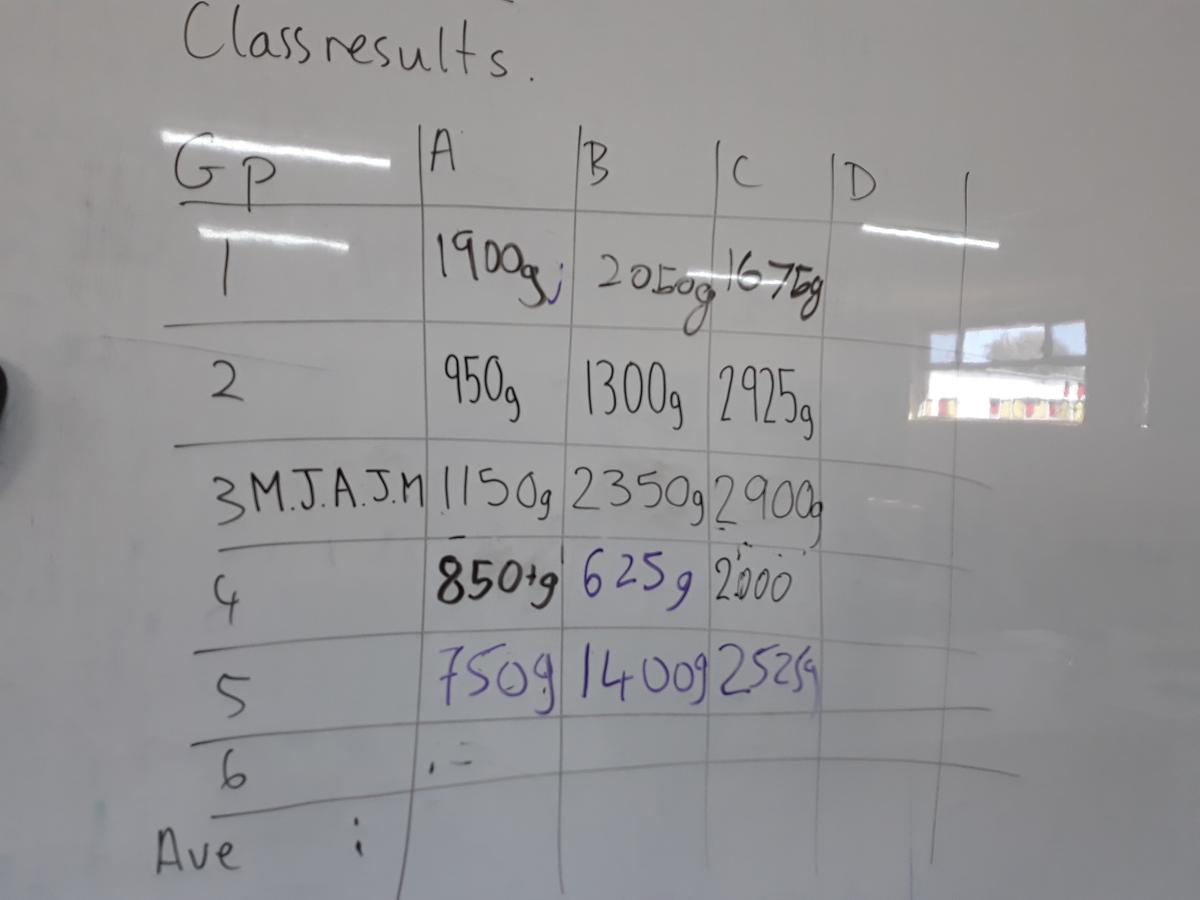Science News
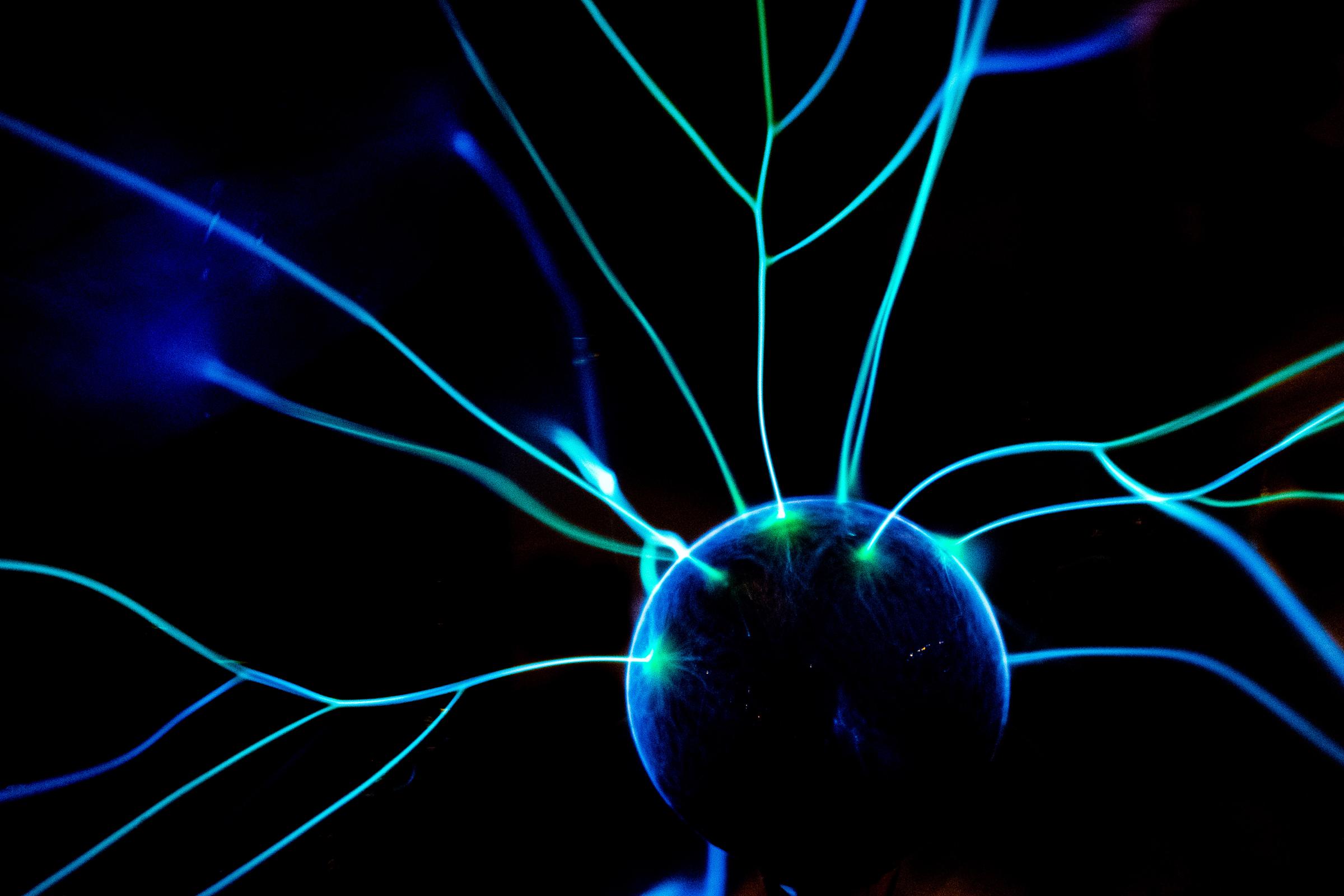
International Chemistry Quiz
Again, we celebrate the achievements of some very brave students who had a go at the International Chemistry Quiz that is very hard but worth a go.
In the Junior division, a Certificate of Participation was awarded to:
Ahmet Kurt
Arvin Shinto
Hannah McKane
Alexandra Yardley
Savannah Vecchio
Dahlia Abbas
Muhtasim Hossain
And in the Senior division, a certificate of participation was awarded to
Mitvi Chaudhari
Jasleen Kaur
Amanda Harrison
Erica Shane Bauit
Congratulations to these students. They are very brave and it was commendable for them to have a go!
Over these next weeks, all the junior classes in Science will do the End of Year Examinations and again students have been working hard in class and at home, trying to study and do their best. This is again worth our congratulations, as students strive to achieve their personal best and they recognise what they have learnt over the year.
The Starr’s Planetarium has been postponed until March next Year. This will be a cost of $15 per student and is expected to be very enjoyable. We are also going to incorporate an activity on Forensic Science in Term 2 and this will also have a cost of $15 per student. More information will be available next year.
COVID -19 has clipped our wings this year in the science department as with all departments at Marian, but with high vaccination rates in the community, hopefully we can enjoy some great science activities in 2022.
Our very best wishes go to the Year 12 as they approach the HSC exams after some very trying conditions for learning over the past 2 years. It has been very hard for them to keep their motivation and study habits at the forefront of their days. They remain in our thoughts and prayers.
Enjoy a lovely weekend
Best wishes
Esther Dumbleton (Science Leader of Learning)
Year 8 Science with Ms De Paoli
Year 8 science students are currently studying the properties of matter; all substances have important things in common; they are all made of the tiny building blocks of matter that we call atoms. People in different cultures in the past have applied their knowledge of the properties of matter to their use in everyday life, eg utensils, weapons. Students engaged in an experiment that tested the adhesive strength of man made and natural resins. In this inquiry activity, students investigated how Aboriginal and Torres Strait Islander peoples’ knowledge of reversible and irreversible change (chemical sciences) has been used to develop highly effective plant based adhesives for a wide range of purposes and hand-held flame torches. Working with the Aboriginal Liaison Officer, Lorelei Wray, she explained that these adhesives have been developed to exploit the key property of re-usability being that the adhesive can be manipulated to act as a thermoplastic and soften for application, then hardens upon completion. The development of this technology required knowledge of resin type, amount, burn duration, critical thermal limits and collection techniques. The need for a particular
technology (adhesives) can drive the development of science understanding and research topics.
Denise De Paoli
Science Teacher
